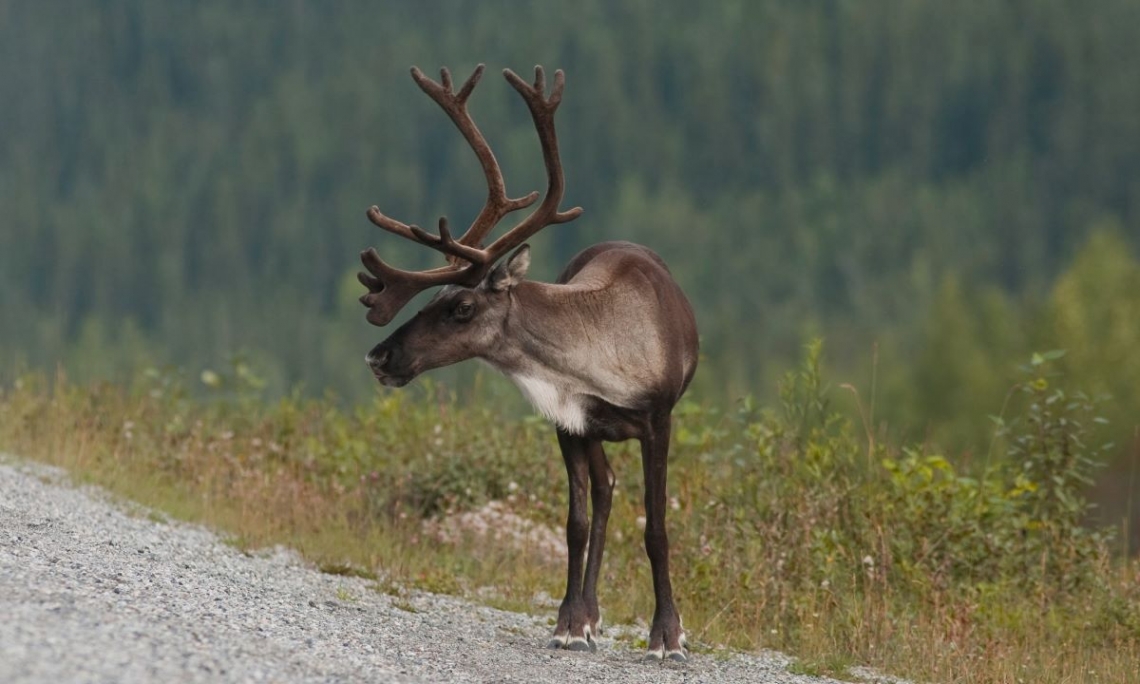Sustainability of Arctic Communities


How will climate change affect the sustainability of Arctic villages over the next forty years? This question motivated a collaboration of 23 researchers and four Arctic communities (Old Crow, YT Canada; Aklavik, NT Canada; Fort McPherson, NT Canada; and Arctic Village, AK USA) in or near the range of the Porcupine Caribou Herd. We drew on existing research and local knowledge to examine potential effects of climate change, petroleum development, tourism, and government spending cutbacks on the sustainability of four Arctic villages. We used data across eight disciplines to develop an Arctic Community Synthesis Model and a web-based, interactive Possible Futures Model. Results suggested that climate warming will increase vegetation biomass within the herd’s summer range. However, despite forage increasing, the herd was projected as likely to decline with a warming climate due to increased insect harassment in the summer and potentially greater winter snow depths. There was a strong negative correlation between hypothetical, development-induced displacement of cows and calves from utilized calving grounds and calf survival during June. The results suggested that climate warming coupled with petroleum development would cause a decline in caribou harvest by local communities. Because the Synthesis Model inherits uncertainties associated with each component model, sensitivity analysis is required. Scientists and stakeholders agreed that: 1) although simulation models are incomplete abstractions of the real world, they helped bring scientific and community knowledge together; and, 2) relationships established across disciplines and between scientists and communities were a valuable outcome of the study.